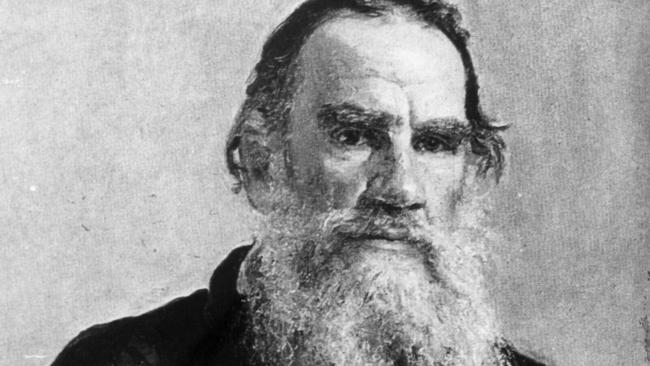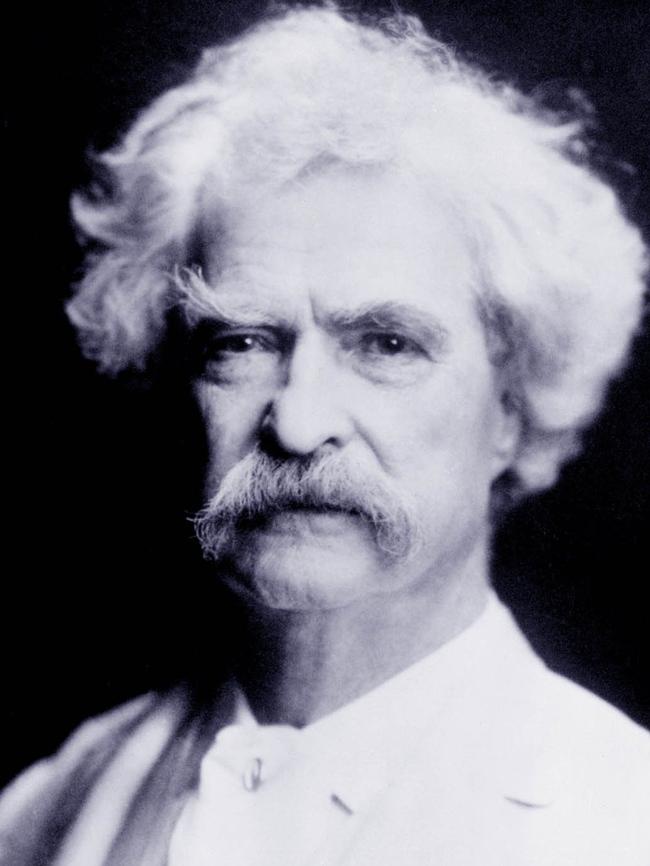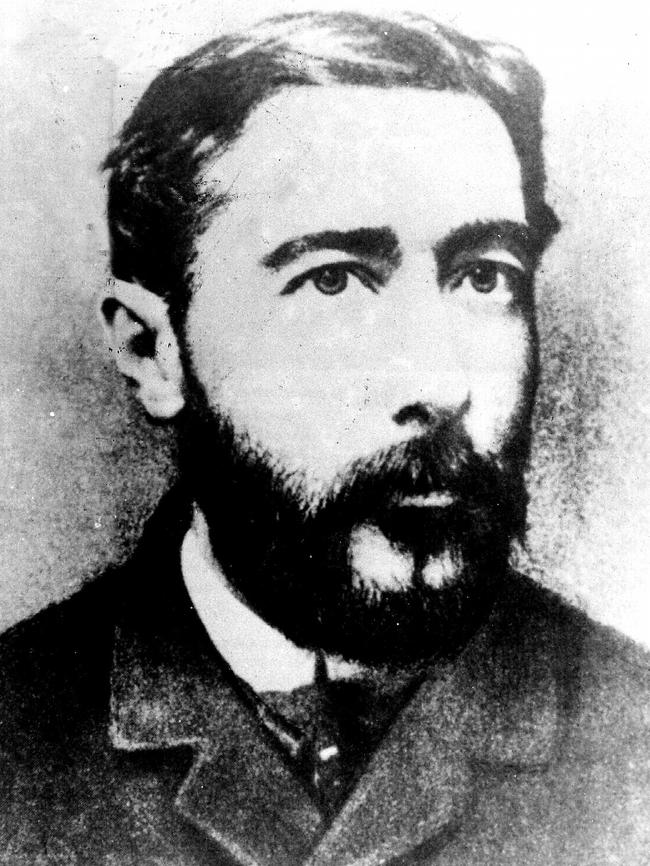Why let the truth get in the way of a good story?
Years ago I wrote a column for this masthead on literary linkages between famous authors and Australia. But I came up short and filled the space with a furphy that backfired spectacularly.

A few weeks back, Late Night Live gave a fascinating account of Joseph “Heart of Darkness” Conrad’s frequent visits to Australia as a humble seaman. Herman “Moby Dick” Melville came, too. As did Harry Houdini. Not to escape from things but for early and equally dangerous experimental flights. Many of the good and the great of the 19th century came here. Mark Twain, for example, toured the nation giving readings from Tom Sawyer and Huck Finn, and I was delighted to learn he’d done a detour to Maryborough, my place of birth, where he made mock of our splendid twain station (note my clever pun). Mr Clemens couldn’t believe that such a tiny city could have such an oversized, grandiose edifice. A Grand Central Station in central Victoria.
Years ago I wrote a column for this masthead on other literary linkages between famous authors and us. Oodles of Dickens, of course, given that the original Fagin did time in Tassie and that the real Miss Havisham had been jilted at a Sydney altar. And that Charles sent two children to Australia to toughen them up. Both boys did quite well in local politics.
But I came up short and filled the space with a furphy. I wrote that Count Leo and Lady Tolstoy had a stormy marriage, more war than peace (perfectly true), and that he’d done a runner to Healesville, also in Victoria (utterly untrue). I claimed he’d booked a room in The Healesville Hotel and had a passionate affair with an Ann Kerin, great-great-grandmother of John Kerin, who was, at the time of writing, Paul Keating’s treasurer. Ann’s hubby, a municipal official, had found out and sent Tolstoy packing, in a Healesville-Melbourne train. And poor Ann had thrown herself under its wheels. Back home in Russia, Leo turned this tragedy into Anna Karenina.


When some academic pedants questioned the accuracy of my column (“we know naught of this!”) I had a ready response. I simply suggested they write to John Kerin for confirmation. And being one of the funniest comrades in the Labor Party, second only to Keating – Kerin’s party trick was, you may recall, to hypnotise chooks – he’d write back, on his official “The Treasurer” letterhead to say that, yes, my Ann Kerin-Anna Karenina confection was kosher.
But the story doesn’t end there. Years later I was launching a novel at Glebe’s Gleebooks, for a Russian expatriate, translated into English by a mutual friend. And when it was his go at the lectern he turned to me with great solemnity and a hint of bitterness. “I read that column back in the USSR, when I was writing this very book in a resort town by the Black Sea. I believed it to be true. It was a principle reason for my decision to come to Australia.”
A strange hush fell over the gathering. Had anyone thought to drop a proverbial or actual pin at that moment, you’d have heard it. The author stared at the deceitful Adams, as did his translator. Kerin was no longer treasurer and couldn’t be called upon for help.
But, later, I became just a tad suspicious. My Soviet-era novelist was, after all, a professional fibber. That’s what novels are. Fibs. And I later came to think that he’d made his story up.
Just as I had mine.







To join the conversation, please log in. Don't have an account? Register
Join the conversation, you are commenting as Logout